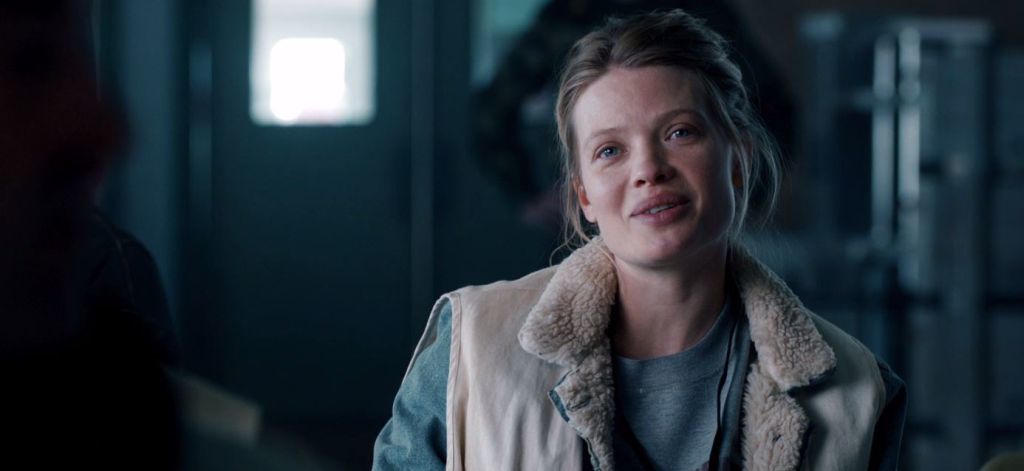
There might be a COVID-era pragmatism to the film’s sparse setup and ensemble, though at a more philosophical level, “A Perfect Day for Caribou” appears to unfold in a vacuum of community, a place and time when people have abandoned their obligations to others. Other characters - a hunter, a caretaker - mosey into the situation, glancing or sympathizing, before melting back into their own isolation. There’s little urgency in their quest, which takes on a dreamlike, fatalistic air, as if a small boy is merely emblematic of many things the two fathers are missing between them. As they comb desolate neighboring fields and forests, the pair share recollections and resentments from Nate’s upbringing, though the fluency of Herman’s earlier, unaccompanied monologue is nowhere to be found. The kid disappears in short order a reunion becomes a search party. For all their time apart, the two men have a certain shambling dejection in common, not to mention a hands-off parenting style: As they begin to haltingly talk through the years lost between them, ambling through the sleepy graveyard where Herman’s truck is parked, Nate instructs Ralph to run off and play. His plans to end his life thus unexpectedly postponed, he’s further surprised to find the twentysomething Nate with his own toddler Ralph (Oellis Levine) in tow. “I don’t want you just to know me as the father who killed himself,” he sighs an unexpected opportunity to mend that perception comes when Nate calls him out of the blue, and asks to meet. Addressing his adult son Nate, he nonetheless tellingly narrates his failed life story as if to a stranger, occasionally disrupting his own memories with stray stabs of random life advice: join a union, use vinegar to buff out spots on a car, don’t mess around with electrodes. “I don’t think there are any charms left for me in this life,” mutters weatherbeaten drifter Herman into a dictaphone, from the front seat of a pickup truck that has all his worldly possessions, such as they are, packed into it. It begins as Berrier’s show, the rumpled character actor holding our attention over the course of a lengthy, discursive introductory monologue that, we soon gather, is an audio suicide note of sorts.

Still, it promises significant things from its young writer-director, who shows more formal nous and rigor than many neophyte directors of comparable U.S.

Rutherford, however, is a less acidic, more gently perceptive writer of masculine dysfunction than Payne, and in its best moments, his debut reaches for the mournful everyday poetry of Wim Wenders’ “Paris, Texas” or Kelly Reichardt’s “Old Joy.” Elsewhere, the film feels a little determined in its minimalism, a little too cute in its brushes of absurdism. The gruffly dysfunctional father-son relationship at “Caribou’s” center, in conjunction with its spartan middle-American milieu and serene black-and-white lensing, will inevitably call Alexander Payne’s lauded “Nebraska” to mind for any viewers or marketers seeking comparison points.


 0 kommentar(er)
0 kommentar(er)
